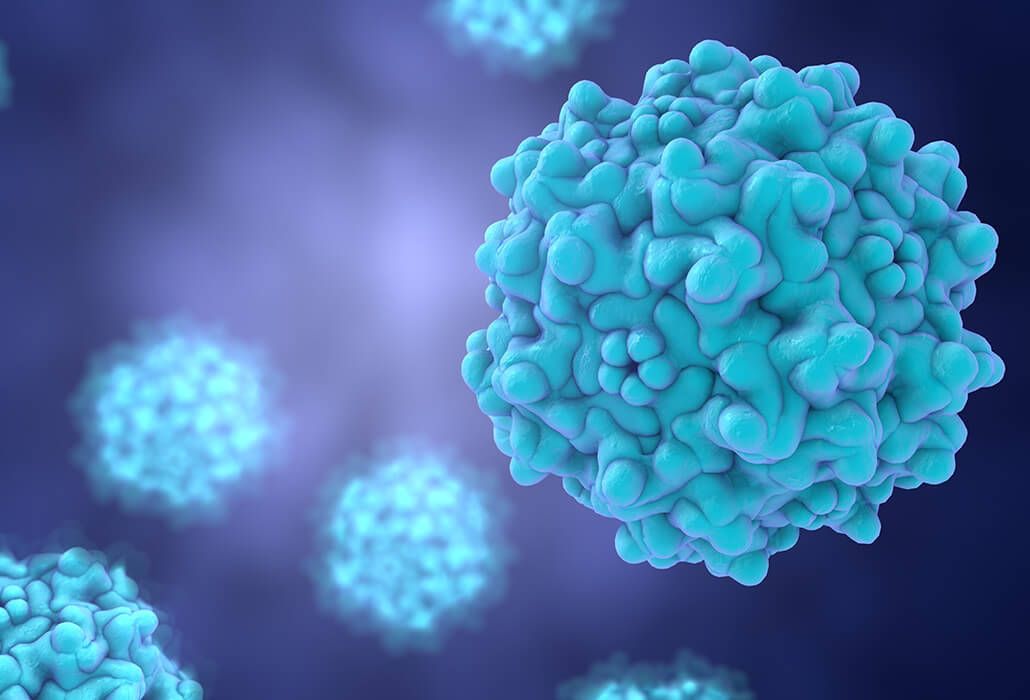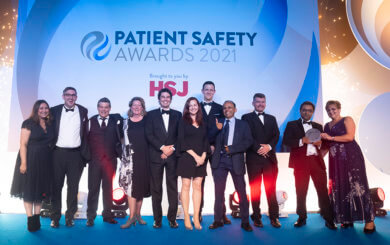
ViroCell Biologics, founded by the UK’s most prolific academic viral vector manufacturing team, and Great Ormond Street Hospital for Children NHS Foundation Trust (GOSH), a world leading children’s hospital, have announced a new partnership that will immediately address the global viral vector manufacturing bottleneck for clinical trials.
ViroCell, an innovation-driven Contract Development and Manufacturing Organisation (CDMO), is addressing the global viral vector supply demand imbalance that constrains the manufacture of novel cell and gene therapies. ViroCell focuses exclusively on the design and GMP manufacture of viral vectors and gene modified cells for clinical trials. They aim to be the global viral vector supplier of choice during the translational phase of development of novel cell and gene therapies.
Viral vectors are high-value delivery vehicles used to make cell and gene therapies, and their availability and effectiveness governs the clinical success of the treatment. ViroCell is focused where the viral vector design and GMP manufacturing bottleneck is most acute: the zone between pre-clinical concept and pivotal clinical trials. They are therefore filling the gap between “small volume” academic core labs and “large volume” contract development and manufacturing organisations.
As part of the partnership with GOSH, ViroCell will more than double the UK’s lentivirus vector manufacturing capacity for clinical trials in 2022 and secure the coveted position as the first UK CDMO to be able to deliver AAV vectors to the cell and gene therapy markets.
The production of the vectors will take place in GOSH’s Zayed Centre for Research into Rare Disease in Children. The ViroCell team’s track record of manufacturing more than one hundred viral vectors for clinical trials over the last 20 years, coupled with the Zayed Centre for Research’s state-of-the-art clean room suites, will enable ViroCell and GOSH to dislodge the logjam that currently prevents promising, novel cell and gene therapies from entering clinical trials.
While commercial-scale CDMOs operate at batch scales between 200L and 2,000L, ViroCell is regarded as the European vector CDMO of choice in the 1L to 200L batch size based on its deep prior experience and in-licensed, validated production technology platforms. ViroCell’s team built one of Europe’s most productive academic core labs before spinning out in 2020 and is now supported by a prolific Scientific Advisory Board of internationally leading innovators.
John W Hadden II, CEO of ViroCell, commented:
“Team ViroCell has been impressed with the laser-focus, record speed and unyielding commitment of the GOSH transaction team, GOSH Executive Management and Board, and the GOSH Children’s Charity to make this partnership a reality. Together ViroCell, GOSH, and the Zayed Centre for Research have created a global one-stop-shop for viral vector manufacturing and gene-modified cell manufacturing for translational cell and gene therapies. We are proud to be partnered with such a prolific clinical research team that boasts a stunning track record of academic innovation in cell and gene therapy. We embrace GOSH’s commitment to bring novel therapies into the clinic for inherited or childhood diseases and commit to help GOSH speed the manufacture of viral vectors for those interventions.”
Matthew Shaw, CEO at Great Ormond Street Hospital, commented:
“We are exceedingly pleased to be partnering with ViroCell to accelerate the transition of discovery science into the clinic and expand access to viral vectors. We see this as a key to unlocking the innovation engine of the Great Ormond Street Hospital for Children and its academic collaborators, ultimately delivering better outcomes for patients. Given ViroCell’s international network of collaborators, we expect that vectors for projects from around the world will be manufactured at the Zayed Centre for Research, and this may also expand the number of clinical trials that we can offer to our patients at GOSH.”
News & Analysis




